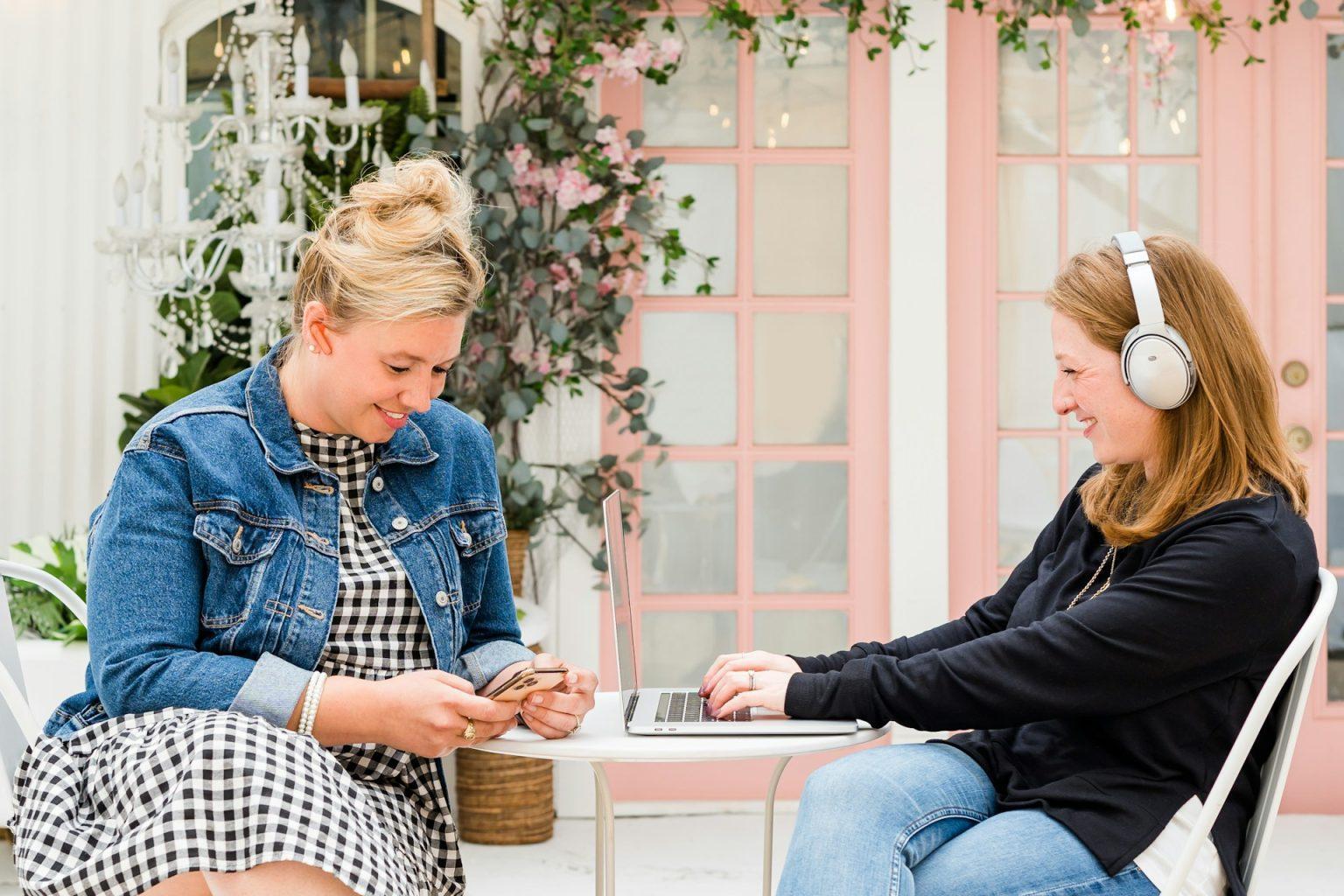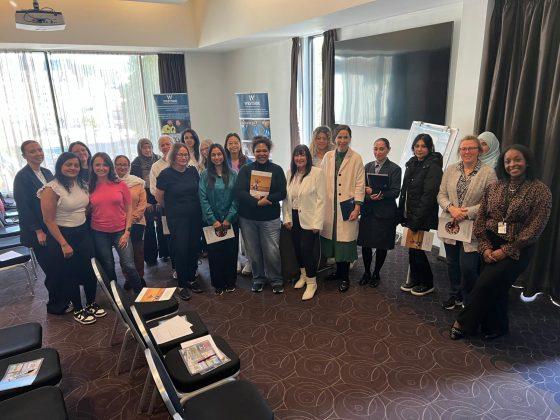You know the one. The person you make eye contact with when your boss says
something wildly unrealistic. The one who always knows your coffee order, sends
memes when you need them most, and reminds you that you’re not losing the plot.
That’s your workplace bestie—and they’re more important than you might think.
Whether you work in an office, a bar, a retail shop, or backstage in a theatre, having
genuine friendships at work can turn a stressful shift into something bearable—even
joyful.

Why Friendships at Work Matter
According to positive psychology, strong social connections are one of the biggest
predictors of life satisfaction. We’re wired for belonging. And research from Gallup
shows that people who say they have a “best friend at work” are not only more engaged
but also more productive, less likely to burn out, and significantly more likely to stay in
their job.
In fact, a 2021 report found that employees with close friendships at work are seven
times more likely to be fully engaged. That’s not a typo. Seven times.
What the Science Says
- The PERMA model (developed by psychologist Martin Seligman) identifies Positive Relationships as a core pillar of wellbeing. When you feel connected to the people around you, you’re more likely to feel valued and supported.
- A University of California study found that people with strong workplace relationships reported higher levels of happiness and lower levels of stress, even in high-pressure environments.
- In team settings, mutual trust and genuine camaraderie have been linked to better problem-solving, faster decision-making, and stronger resilience after setbacks.

Beyond the Office
In industries like retail, hospitality, and the night-time economy—where hours can be
long, unpredictable, and customer demands high—workplace friendships are a lifeline.
Your shift mates become your cheerleaders, debrief partners, and sometimes your de
facto family.
Friendships in these environments can:
- Reduce staff turnover (people stay where they feel seen and supported)
- Improve communication during fast-paced, high-stakes situations
- Create a culture where humour, kindness and teamwork thrive
How to Build (or Be) a Workplace Bestie
- Make time for check-ins. A simple “How are you, really?” goes a long way.
- Celebrate the small stuff. Survived a difficult day? Nailed that service? A fist
bump or coffee run can seal the bond. - Share the load. Offer help before it’s asked for. Trust builds in the moments
when someone has your back. - Be a mood booster. Bring the memes, the playlists, the snacks. Lightness
matters. - Include everyone. Not everyone will be your bestie, but everyone deserves
warmth and kindness.

A Final Thought
We don’t always get to choose our colleagues. But when we invest in real
connection—with the barista on the morning shift, the tech guy in the office, the dancer
in the wings—we build something powerful. Not just teams that function, but teams that
flourish.
So if you’ve got a workplace bestie, tag them, thank them, and maybe buy them a
doughnut. And if you don’t? Today might be a good day to ask someone how their
weekend really was.
Because the strongest teams aren’t built on job titles or KPIs. They’re built on
friendship.




